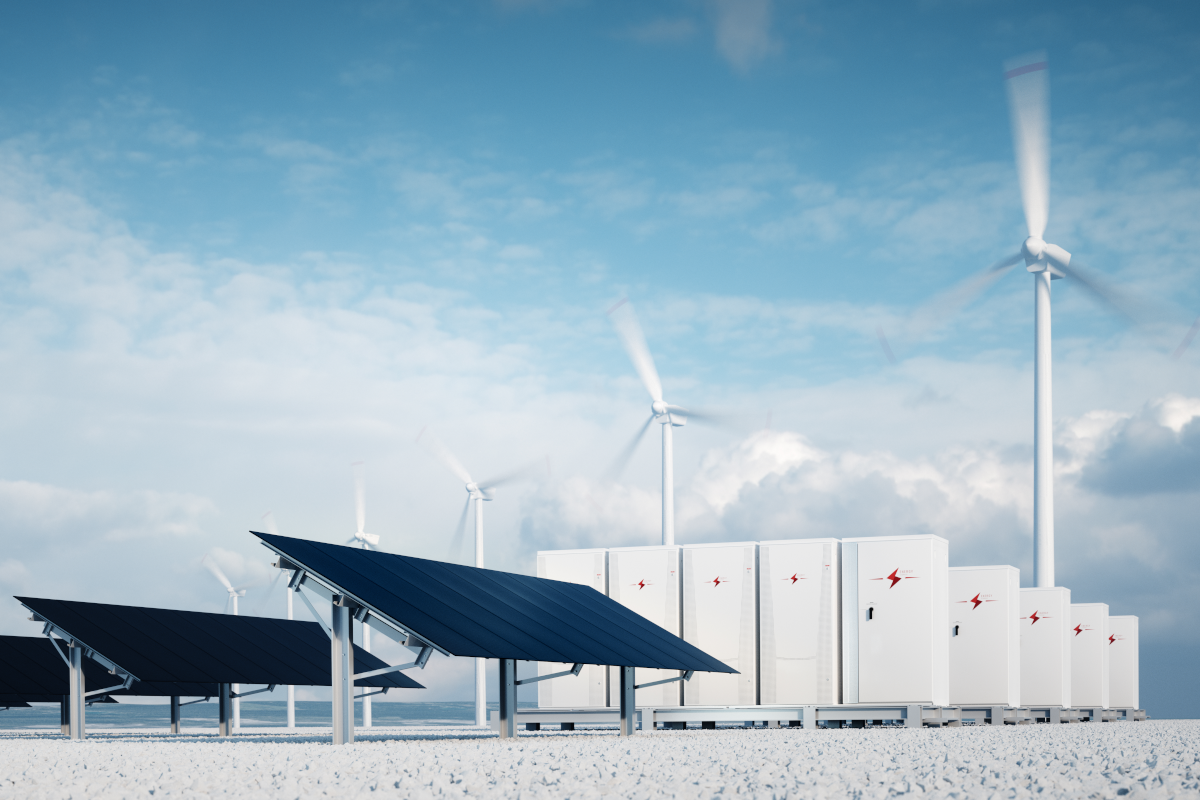Under the company’s flagship Battery Energy Storage System (BESS) project, Eskom recently commenced constructing the Elandskop BESS, Eskom’s first energy storage facility. This milestone was marked by a groundbreaking ceremony held at the Elandskop BESS site which is located in the KwaZulu-Natal local municipalities of Msunduzi and Impendle.
Read also:Johannesburg in SA seeks US $278m investment in solar, gas, battery storage projects
The project is developed by Eskom alongside Hyosung Heavy Industries. Hyosung Heavy Industries is one of the contracted service providers for the BESS project. The group stated that the construction will take seven to twelve months. It stated that Eskom’s Elandskop substation would be used to charge the batteries on the site from the main grid.
With a capacity of 8 MW or 32 MWh of distributed electricity, the facility will be able to supply four hours’ worth of power to a town like Howick. According to the utility, one of BESS’s key benefits is that it will strengthen the network during peak hours. This will also reduce the stress on the network during those hours.
Why Eskom commenced construction on the Elandskop’s BESS
Speaking at the event, Eskom Group Chief Executive André de Ruyter said that the commencement of construction of the Elandskop BESS is a positive development in their attempt to relieve the pressure on the national electricity grid.
According to him, this is a concrete response to the urgent call to address South Africa’s prolonged electricity crisis. This is by increasing the generation capacity of the grid. Additionally, it is also reinforcing the grid by increasing storage as well as transforming capacity.
Phase 1 of Eskom’s BESS project, which includes the installation of 833MWh of distributed battery storage plants at eight Eskom Distribution substation sites across the country, includes Elandskop. This substation is part of the project’s first phase. It will roughly add 199MW of capacity. About 2MW of solar PV capacity is also included in this phase.
The project’s funding
Concessional loans from the World Bank, African Development Bank, and New Development Bank are being used to finance the project, which will cost approximately R11 billion.
At four Eskom Distribution sites and one transmission site, an extra 144MW of storage capacity will also be installed. The storage capacity will be part of the project’s second phase, which will total 616MWh. This phase will have 58MW of solar PV capacity.
With a daily capacity of 1,440MWh and 60MW of PV, the BESS project will make use of large utility batteries. One of South Africa’s largest BESS projects will be established and also fully implemented.
Furthermore, Distribution, Operations Enablement at Eskom, the utility has identified distributed storage as an alternative to support the expansion of renewable energy in South Africa, and they have taken the required steps to ensure the successful execution of the BESS project.
By 30 June 2023, all Phase 1 sites are expected to be operating, and Phase 2 sites by December 2024.

Leave a Reply